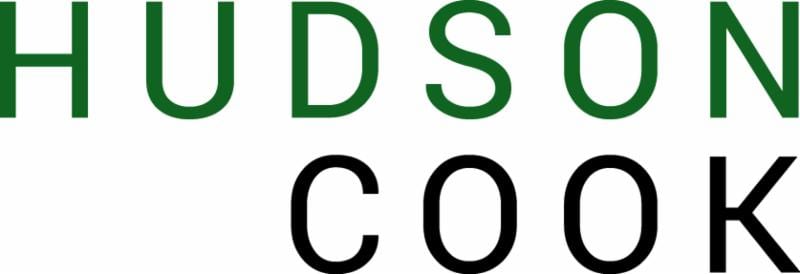
By Michael A. Goodman*
Dealers must proceed with caution when considering using ringless voicemail services to reach leads and current customers. The few courts that have considered the application of the Telephone Consumer Protection Act to ringless voicemail services consistently have found that these services require the recipient’s consent, just like other types of prerecorded message calls.
Defendants in these cases have not been successful in arguing that ringless voicemail services are “information service technologies” beyond the TCPA’s reach. These courts have not held that the TCPA prohibits ringless voicemail services; rather, they have held that ringless voicemails delivering advertising or telemarketing content require “prior express written consent.” This can be a high bar to clear, especially when working with third-party lead generators.
The most recent case to address this issue is Picton v. Greenway Chrysler-Jeep-Dodge, Inc. Greenway used a ringless voicemail service to deliver two marketing messages to the voicemail box of Clifton Picton’s cell phone. In response, Picton filed a putative class action complaint, alleging that the messages violated the TCPA because Greenway lacked the requisite prior consent.
Greenway moved to dismiss, arguing that the complaint failed as a matter of law because ringless voicemails are “information service technologies” not subject to the TCPA rather than TCPA-regulated telephone calls. The federal district court was unmoved by this argument; it framed the issue in the case as a question of “whether the act of inserting a message into someone’s voicemail box without their permission might run afoul of the TCPA.”
The court answered this question in the affirmative. From the court’s perspective, the fact that the recipient’s phone did not ring was irrelevant. Rather, the court focused on the fact that the service resulted in the delivery of a prerecorded message, and that was clearly regulated by the TCPA.
This is at least the third decision adopting this position.
Last summer, we reported on the first such case, Saunders v. Dyck O’Neal, Inc., in Spot Delivery. After that, in Schaevitz v. Braman Hyundai, Inc., a second federal district court reached the same conclusion. The Schaevitz court explained that: (1) the TCPA regulates telephone calls; (2) to call someone means “to communicate with or try to get into communication with a person by a telephone”; and (3) ringless voicemails satisfy that standard. No court has yet adopted an opposing view with respect to this technology.
The TCPA requires the call recipient’s “prior express written consent” to deliver prerecorded marketing messages. This form of consent requires a signed, written agreement between the caller and the call recipient, and the agreement itself must include two specific disclosures.
Companies interested in using prerecorded messages to deliver marketing content must plan carefully in advance of a campaign to ensure that they have the required form of consent. Because this consent must be company-specific, it can be difficult for third-party lead generators to provide consumer leads in a way that satisfies the TCPA’s consent standard for prerecorded marketing messages. As a result, working with lead providers also requires careful advance planning.
Picton v. Greenway Chrysler-Jeep-Dodge, Inc., 2019 U.S. Dist. LEXIS 103796 (M.D. Fla. June 21, 2019); Saunders v. Dyck O’Neal, Inc., 2018 U.S. Dist. LEXIS 121076 (W.D. Mich. July 16, 2018); Schaevitz v. Braman Hyundai, Inc., 2019 U.S. Dist. LEXIS 48906 (S.D. Fla. March 25, 2019).
*Michael A. Goodman is a partner in the Washington, D.C., office of Hudson Cook, LLP. Mike can be reached at 202.327.9704 or by email at mgoodman@hudco.com.


